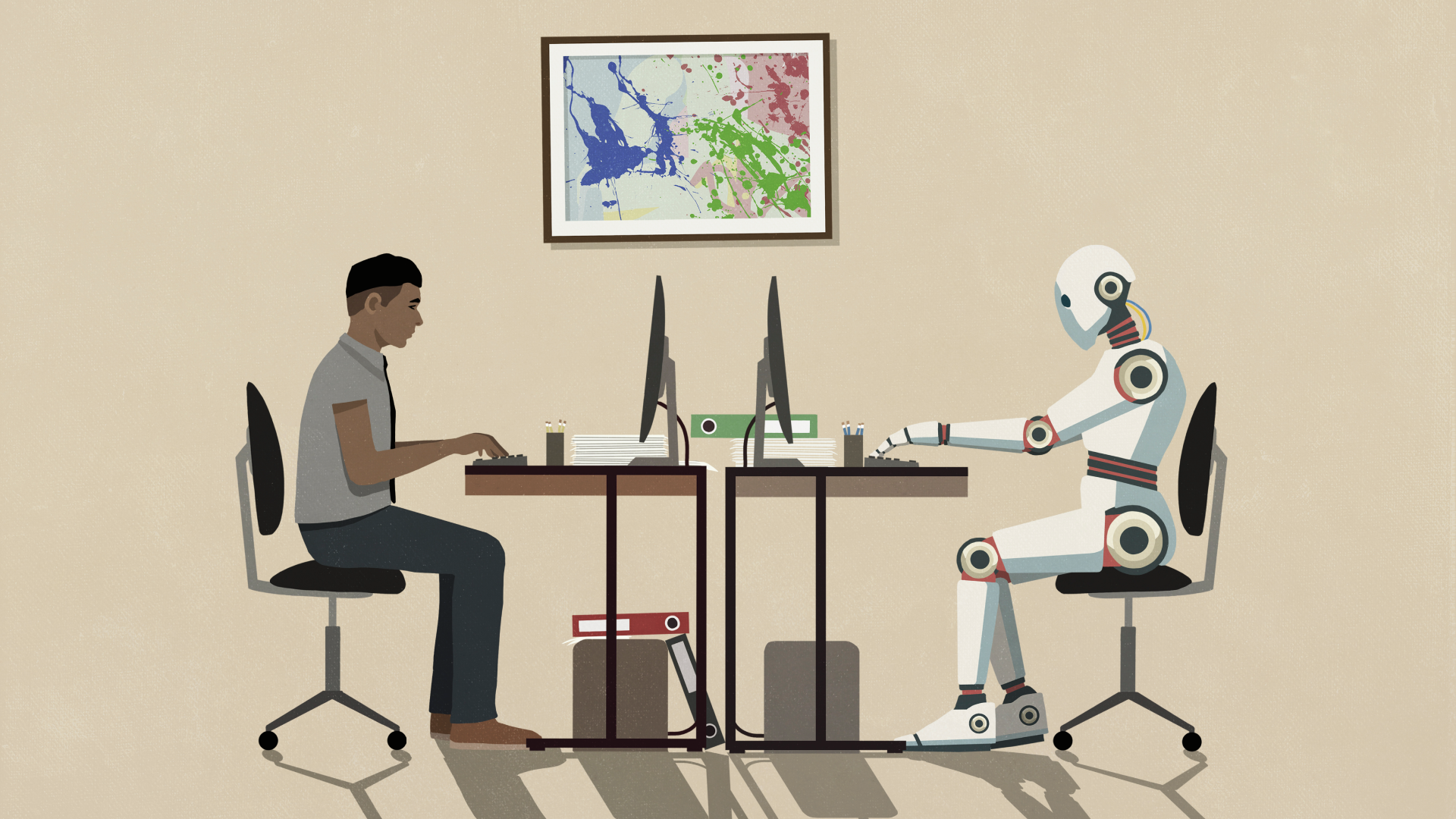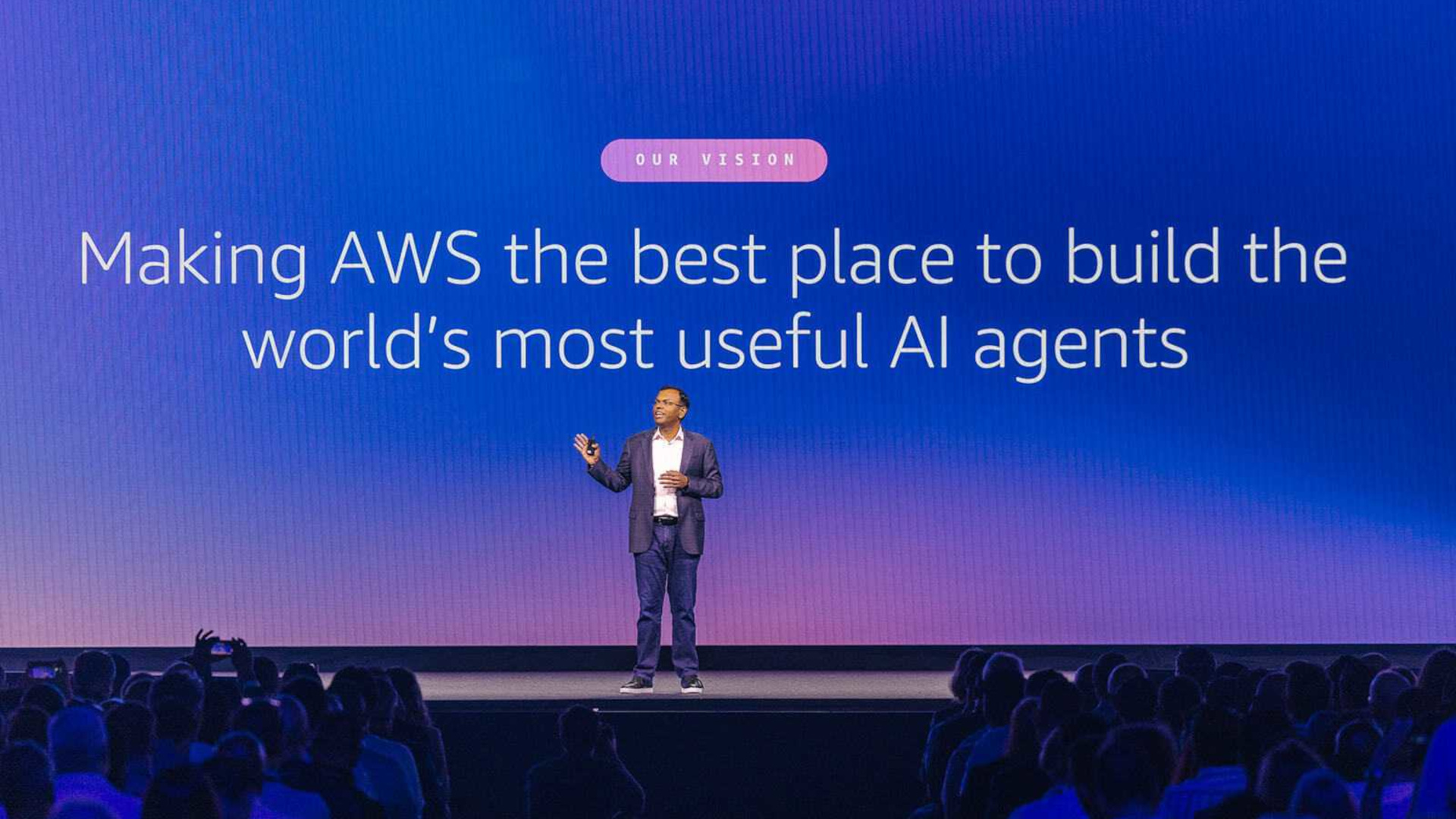No more hiding the impact of AI: The US government is looking to force companies to report how many folks have been fired because of artificial intelligence
Transparency, not guaranteed.

A bipartisan bill might just offer a step in the right direction for workers' rights in the age of AI, calling for further investigation "regarding artificial intelligence-related job impacts" (via The Verge). The "AI-Related Job Impacts Clarity Act" will require both publicly-traded firms and government organisations to report to the Department of Labor how many staff they fired due to AI automation. The act will also require companies to keep tabs on how many people they hire or retrain due to AI integration.
Anxiety about what AI means for the workforce is widespread. For instance, last month, the American Federation of Labor and Congress of Industrial Organizations, which represents 15 million workers and 63 unions, produced a report calling for a “worker-centered technological future."
The most recent bill was introduced by Democratic Senator Mark Warner and Republican Senator Josh Hawley. Senator Warner said, "Good policy starts with good data. This bipartisan legislation will finally give us a clear picture of AI’s impact on the workforce — what jobs are being eliminated, which workers are being retrained, and where new opportunities are emerging."
OpenAI CEO Sam Altman has previously said that he expects jobs in a number of areas, such as customer support, to one day be "totally, totally gone" because of AI. Meanwhile, Nvidia CEO Jensen Huang insists that "The skilled craft segment of every economy is going to boom." He also told Channel 4 News, "If you're an electrician, if you're a plumber, if you're a carpenter, we're going to need hundreds of thousands of them. To build all of these factories."
As unintentionally bleak as some of this sounds, we shouldn't have to rely on hearsay from tech CEOs; the data collected via this latest US government act should present a more definitive picture in an upcoming report. But that said, it does feel increasingly impossible to escape the long shadow of AI, no matter who you are.

For instance, while Amazon Web Services CEO Matt Garman said back in August that replacing entry-level jobs with AI 'the dumbest thing [he'd] ever heard,' more recent organisational changes have seen the wider company lay off 14,000 corporate roles. This feels especially stark, as many major AI players have become increasingly reliant on the server power of AWS—just this week, OpenAI and Amazon struck a $38 billion deal.
With such eye-watering amounts of money being thrown around in the name of compute power, it's hard not to feel like human workers are being left out in the cold. But who knows—maybe this latest act demonstrates a recommitment to workers' rights at some level within the US government, and maybe, just maybe, they can be brought in from the cold.
Keep up to date with the most important stories and the best deals, as picked by the PC Gamer team.

1. Best overall:
HP Omen 35L
2. Best budget:
Lenovo Legion Tower 5i
3. Best high-end:
Corsair Vengeance A7500
4. Best compact:
Velocity Micro Raptor ES40
5. Alienware:
Alienware Area-51
6. Best mini PC:
Minisforum AtomMan G7 PT

Jess has been writing about games for over ten years, spending the last seven working on print publications PLAY and Official PlayStation Magazine. When she’s not writing about all things hardware here, she’s getting cosy with a horror classic, ranting about a cult hit to a captive audience, or tinkering with some tabletop nonsense.
You must confirm your public display name before commenting
Please logout and then login again, you will then be prompted to enter your display name.

